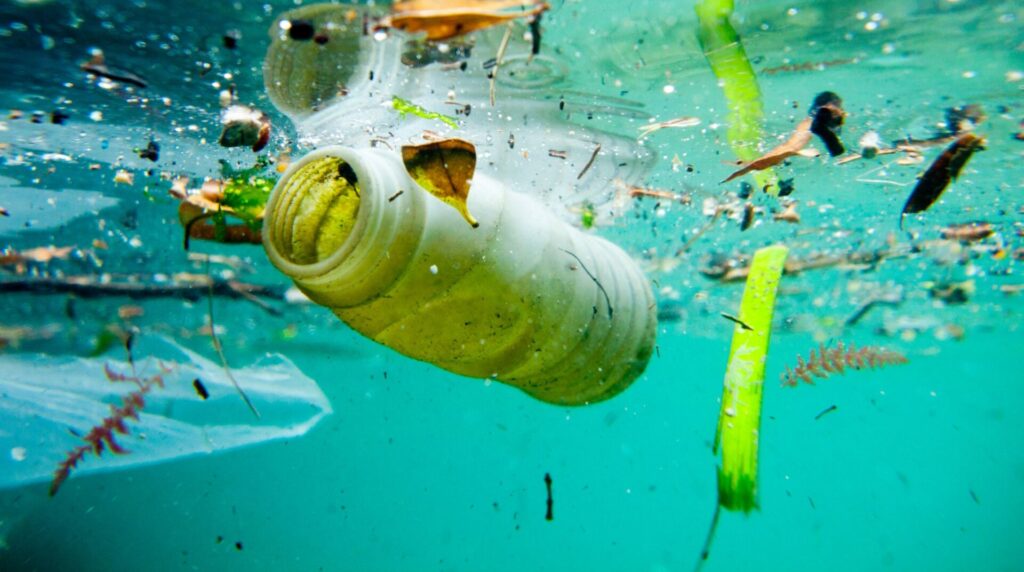Whether you are an activist suffering from climate anxiety or someone who enjoys short flights as much as not sorting waste (or hopefully fall somewhere between these two types), you are living in a world where most of even the smallest actions have a harmful impact on our planet.
There is not much new to the statement that the world is changing, it has probably been changing as long as it has existed. But this time, the stakes are higher than ever. The phrases such as “irreversible damage”, “destruction”, and “extinction” have become daily in global media — change is no longer a good thing. So now what?
Of course, there is the option to not take any action at all. Belgium is amongst the wealthiest countries in the world, with its healthcare system ranked 9th best in the world in 2023, and the education system one of the best in the EU. It is known for its large industries and has almost as many passenger cars as there are people in their working age. One might say that life in Belgium could not get much better. And in addition to all this comfort and development, there are even vast distances of untouched nature in the Ardennes, with flourishing flora and fauna.
However, there are still a number of people both in Belgium and elsewhere who have already decided to give up such comfort and choose a more sustainable lifestyle, just to save the world. What are they thinking!? Giving up flying, driving by car, eating meat or heating the house might seem like impossible and unnecessary actions. Besides, “it won’t change anything, if I am contributing and others are not.”
Indeed, one person’s effort will not make the necessary positive change in the world, that is correct. But it gets more dreadful than that: unfortunately, we have already reached a point where no change in individual behaviour will not only prevent positive change but even worsen the problem. The world’s state of flux will make sure that there is always need for improvement and increase in consumeristic demand. So to sum it up, your sole effort won’t save the world, but deciding not to contribute will destroy it.
So why is it still a decision at all? It should sound as if any sane person would have adapted to a sustainable lifestyle already a while ago. Somehow, this is not the case, and the answer here is actually simple. This way of life is comfortable! Life can be difficult enough and we have worked long and hard to make it easier, so it does seem pretty annoying to give it up.
In 2015, the United Nations announced a framework of 17 global sustainable development goals (the SDGs) to tackle possibly every problem that stands between us and a future that is better than the present. It could not have been an easy goal to set: sustainable development is about equality, wealth, education, nature, health, inclusivity, peace and so much more. In a way, it is about everything, because the eventual goal is to make almost everything better. It is a complex and interconnected system, where each field is tied to the other and followed by several guidelines.
Following these guidelines is precisely what could make your nice and relaxed life a little bit annoying in several aspects. But also, it might not. In sustainable development, there is a strong emphasis on narrative and perspective. People are used to doing things in specific ways. For example, throwing all your waste in one bin can be something that your parents have taught you, therefore, you do it yourself and maybe even teach your children to do it.
Your narrative here would be that if there is trash, it goes to the bin (which is a good start). Now try this: if all trash is in one bin, it will eventually become a huge pile somewhere far from you, having an impact on the people living next to that pile (what if that pile was next to you?). The plastic waste from this pile could get carried to the ocean and a fish you will eat later can confuse it with seaweed, giving your randomly trashed bottle back to you in a different form (and yes, it will be damaging to your health). The second narrative gives you a wider perspective, one simple move will mean so much more.
Another important point is to understand how your comfort relates to your responsibility. Being able to give something up already implies that you had that very same thing in the first place. Otherwise, it would not be possible to give it up. And that is precisely the case with so many people in the world anyway. For example, in Belgium, we have the opportunity to choose between trains, cars, buses, trams, planes and much more in order to get from one place to the other. Some options are more sustainable than others. But there are countries with an underdeveloped infrastructure, or just small islands, where the options are more limited. It is difficult to measure the exact amount of comfort each person, in Belgium or on the mentioned island, might feel, but it is definitely fair to say that the ones with more options in their life have respectively more responsibility.
Trying to reach sustainable development goals might bring about some discomfort, but the consolation prize is definitely a good one. The worse your actions were yesterday, the bigger your today’s change is, and the more significant impact you will have made altogether. So, the key here is to change the perspective of your comfort: would you really feel comfortable leaving your car running outside if you knew that, because of this, there are polar bears screaming from hunger right now, looking like furry skeletons?
The world is intrinsically interconnected and we are all small parts of a big chain. At the moment, the power is in the hands of those who have something to change at all. The only right thing to do is to take up a more sustainable lifestyle and, in case the motivation for it is still missing, why not fake it till you make it!


